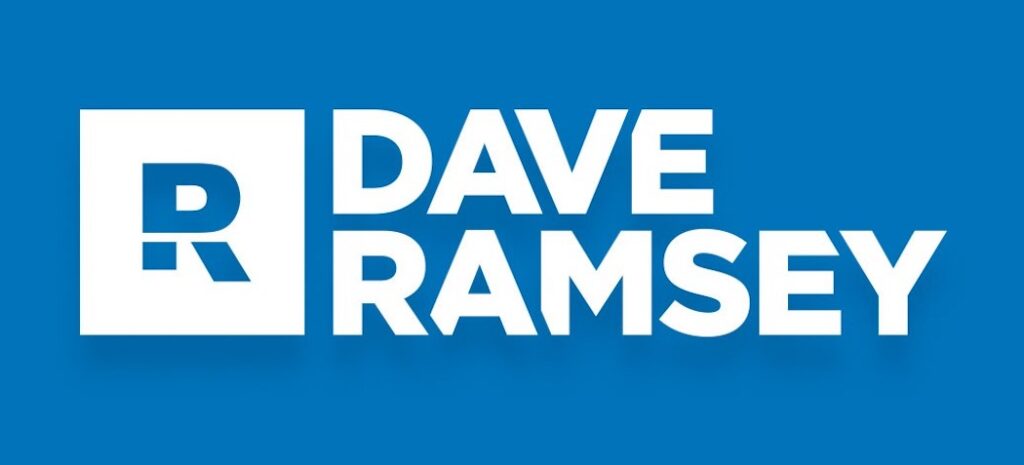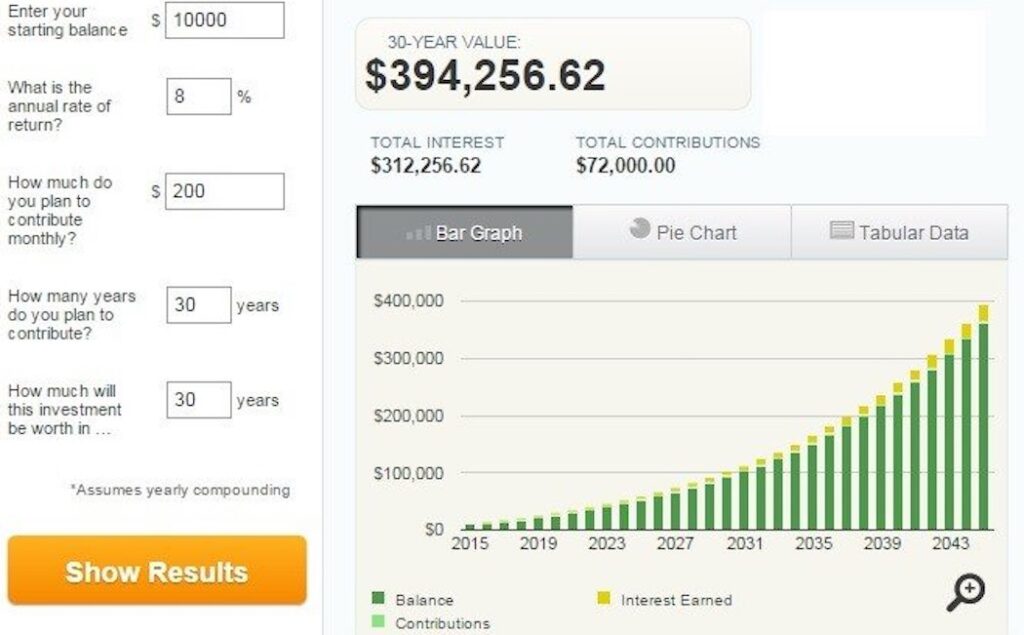
Retirement should be a time to relax, travel, indulge in hobbies, and enjoy the fruits of your labour. To ensure it’s a worry-free period, being financially prepared is paramount. This involves diligent saving, intelligent financial planning, and ensuring you hit crucial milestones.
Let’s delve deep into a comprehensive retirement readiness checklist to ensure you’re on track. Along the way, we’ll touch upon tools and strategies like the Dave Ramsey Investment Calculator and Dave Ramsey Retirement Strategies, which can further aid your preparation.
1. Establish a Clear Retirement Vision
Before diving into numbers, it’s vital to visualize your retirement. Where do you see yourself living? What activities do you want to indulge in? Understanding your desired lifestyle will clarify how much you need to save.
2. Debt-Free Living
A cardinal rule before retirement is to be as debt-free as possible. This means clearing off mortgages, credit card debts, personal loans, and more. Without monthly debt payments, you’ll need less money in retirement and reduce financial stress.
3. Emergency Savings
Retirement or not, an emergency fund is a financial shield against unexpected events. Before you retire, aim to have at least 3-6 months’ worth of living expenses in an easily accessible account. This is separate from your retirement fund and can be crucial for unexpected medical emergencies, house repairs, and other unforeseen costs.
4. Know Your Retirement Number
Using tools like the Dave Ramsey Investment Calculator can be immensely helpful in determining how much you’ll need to retire comfortably. It accounts for factors like age, desired retirement age, current savings, annual contributions, and expected return on investments to give you an estimated savings goal.
5. Maximize Retirement Contributions
If your employer offers a 401(k) or a similar retirement savings plan, ensure you’re contributing enough to get any employer match – it’s essentially free money. Consider other tax-advantaged accounts like IRAs (Roth or Traditional) to diversify your retirement savings.
6. Diversify Investments
Diversification is a key principle in investment. You reduce the risk of a significant loss by spreading your money across different investments (stocks, bonds, real estate, etc.). Regularly review and rebalance your portfolio to maintain your desired asset allocation. If you’re unfamiliar with diversifying, consider using Dave Ramsey’s retirement strategies as a starting point.
7. Understand Social Security Benefits
Social Security can be a significant part of your retirement income. It’s crucial to understand when you can start claiming benefits and how your age at the time of claiming affects the monthly amount you receive.
8. Healthcare Planning
With advancing age, healthcare needs often increase. Understand your Medicare benefits and consider additional coverage like Medigap or Medicare Advantage plans. Health Savings Accounts (HSAs) can also be a beneficial tool, providing triple tax benefits and assisting with medical expenses in retirement.
9. Consider Long-Term Care Insurance
Long-term care can be expensive and isn’t typically covered by standard health insurance or Medicare. Purchasing long-term care insurance can provide peace of mind, knowing you’ll have financial assistance if you ever need assisted living or home care services.
10. Reevaluate Home Ownership
If your home isn’t suitable for ageing (e.g., too many stairs, high maintenance), consider downsizing or relocating to a more senior-friendly community. This ensures comfort and could free up equity to boost your retirement fund.
11. Establish a Withdrawal Strategy
How you withdraw funds from your retirement accounts can significantly impact how long your money lasts. Familiarize yourself with the rules for withdrawals from each type of account you hold, and consider strategies to minimize taxes and penalties.
12. Stay Informed and Flexible
The financial landscape, market conditions, and even tax laws can change. Regularly review your retirement plan and adapt accordingly. Being flexible and informed will help you navigate any challenges that come your way.
13. Consider Working Part-Time
Many retirees find part-time work or consultancy not just as a means to supplement income but also to stay active and engaged. If you love what you do, there’s no harm in continuing at a pace that suits you.
In Conclusion
Preparing for retirement involves strategic planning, timely investments, and keeping an eye on the end goal. With tools like the **Dave Ramsey Investment Calculator** and proven **Dave Ramsey retirement strategies**, you’re better equipped to traverse the financial landscape of retirement preparation.
Remember, retirement is not the end but a new beginning. By achieving these financial milestones, you set the stage for a comfortable, fulfilling, and financially secure retirement. Cheers to the golden years ahead!



